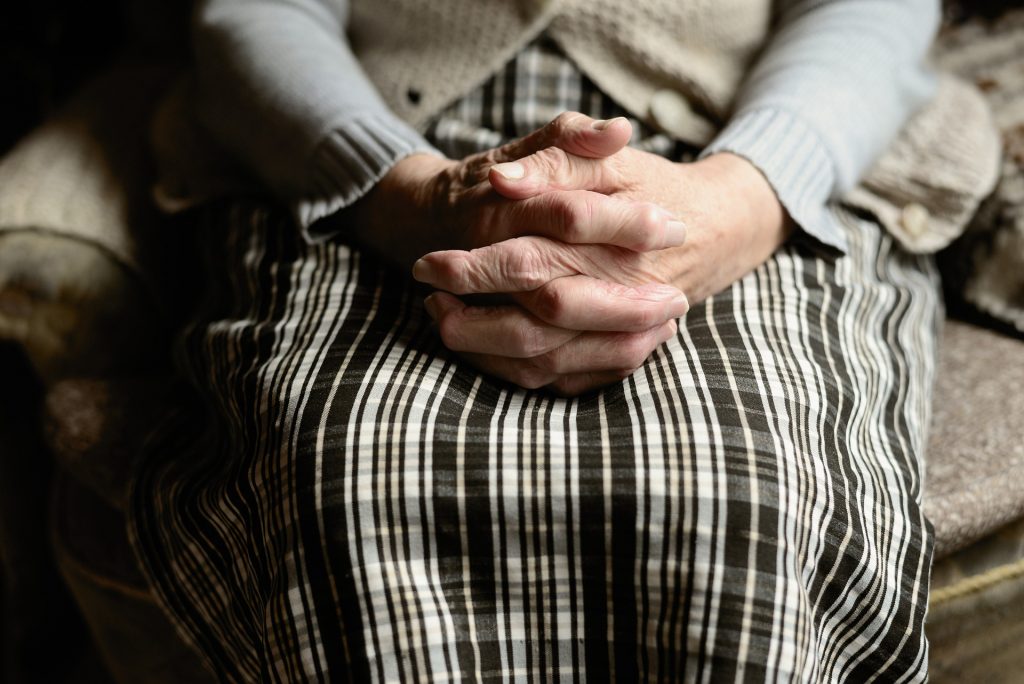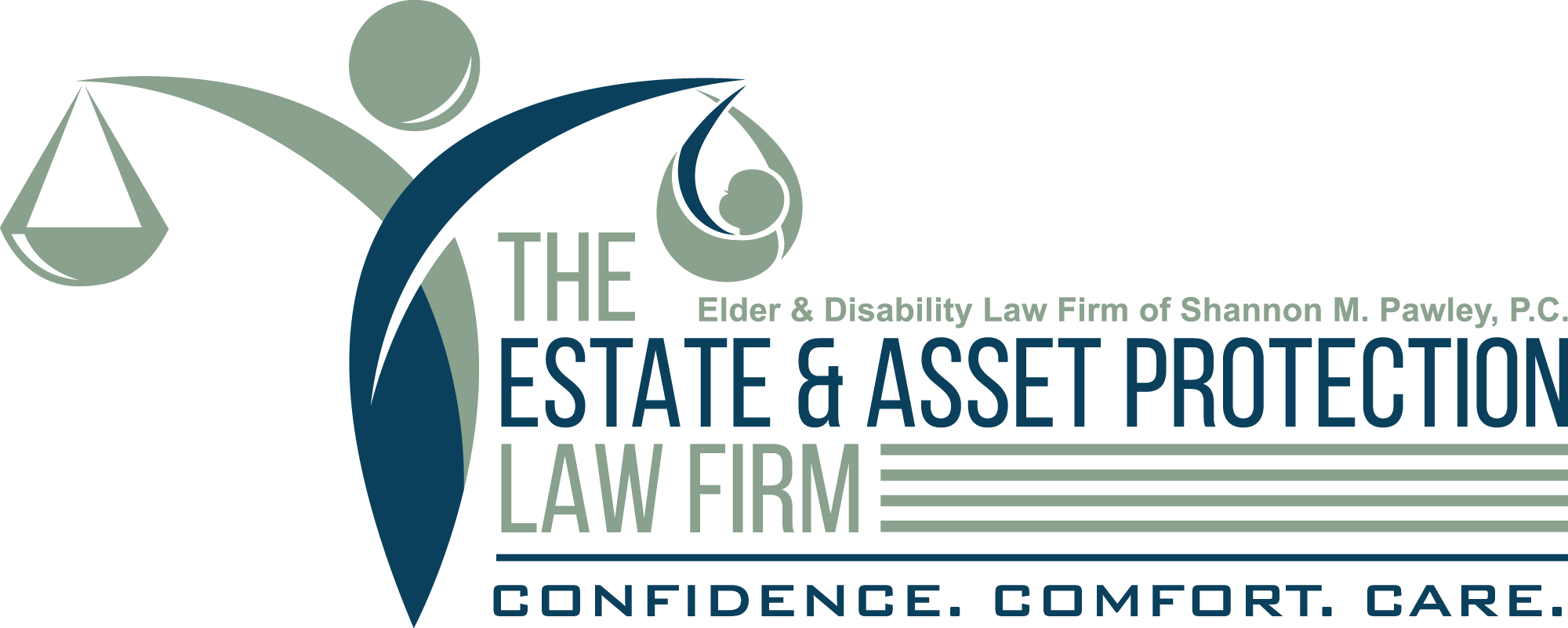Elder Abuse and Financial Exploitation: How to Spot the Signs and Take Action

Elder Abuse, defined by the Centers for Disease Control & Prevention defines as, “…an intentional act or failure to act that causes or creates a risk of harm to an older adult” (age 60 or older), is rampant throughout the United States.
According to the U.S. Department of Justice on elder abuse, at least 1 out of 10 adults over the age of 65 suffers from at least one type of elder abuse.
The ways in which elders are abused are many and include physical and sexual abuse, psychological abuse, willful neglect and passive neglect, confinement, abandonment, and financial exploitation.
The National Center on Elder Abuse and the National Institutes of Health report that elderly women are more likely to suffer from abuse than men. Elderly Americans lose nearly $36.5 Billion every year because of financial abuse.
Typically, the perpetrators of elder abuse include children, spouses, and other family members, as well as staff at nursing homes, assisted living, and other facilities. In addition, there are criminals who call, text and email seniors posing as representatives of the IRS, utility companies, financial and other institutions. These criminals collect important information that gives them access to financial accounts and allows them to steal money and identities.
How To Spot The Signs Of Elder Abuse
Very few cases of elder abuse get reported. In fact, it’s estimated that only 1 in 5 cases are reported to authorities. If you have an elder loved one living alone or in a facility, it’s important to be alert to any signs of abuse. It’s even more important to take action to make sure your loved one is being appropriately cared for and is safe.
Some signs of potential financial exploitation and elder abuse:
- Changes to bank accounts: Sudden changes, such as new accounts, large withdrawals, forgeries, or unexplained activity
- Changes to legal documents such as a will, power of attorney, or other financial documents
- Missing items including missing checks, belongings, or valuable possessions
- Unpaid bills or utility disconnections
- New credit cards
- Mood changes and sudden changes in behavior, such as anxiety, depression, or fearfulness
- Isolation: The older adult lives alone and doesn’t talk to anyone for days or weeks
How To Protect Your Loved Ones From Elder Abuse
The most effective way to prevent yourself from being abused as an elder and to protect your elder loved ones is through having a well thought out estate plan which includes assigning Powers of Attorney for Finances and Health Care. I recommend you create an estate plan sooner rather than later.
There’s no good reason to wait until you are considered an elder. While you are still working, in good physical and mental health is the best time to create your estate plan. I recommend everyone 18 years and older create an estate plan.
Make sure you assign the important roles of financial and healthcare powers of attorney to people you trust. And review your plan on a regular basis in case things change. Those you assign to these important roles may move out of state or become ill or incapacitated.
It’s only too late to create an estate plan if the elder who would benefit is mentally incapacitated and can no longer make important decisions.
Otherwise, if you or a loved one is mentally capable, you can create a plan to designate your health care and financial powers of attorney which can go a long way toward preventing elder abuse. If you are interested in exploring the creation of an estate plan, give my office a call at (470) 235-7868 today.
For more in-depth information on elder abuse visit:
https://www.ncoa.org/article/get-the-facts-on-elder-abuse/
Looking to find an experienced estate lawyer in the Georgia area who is skilled in asset protection and estate plan preparation? Shannon Pawley is an attorney in Georgia with expertise in estate planning and asset protection. Shannon can provide assistance with creating an estate plan to include making a will and how to establish a trust properly. If you have questions about asset protection or questions about making an estate plan, reach out to Shannon and she will be glad to help answer all the estate planning questions you might have!










